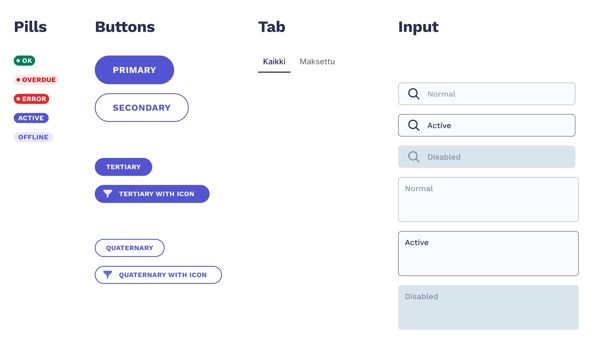We like to think all digitalisation leads to less paper, less hassle – a more efficient life. This is not always so. What we've built is hidden giants that emit carbon in significant quantities.
This behemoth is the cloud, the devices plugged in, and the ones we're recharging daily. They're the servers, laptops, phones, watches, and everything we can throw a chip in. They make our lives more efficient and "efficient".
In some cases, they do improve our lives. Other times they create waste, as in material waste and wasted time. What this has to do with ICT is two-fold: we should avoid starting stupid things and doing this stupidly.
Facts and opinions
Here are a few relevant arguments for you:
- ICT accounts for roughly 4-10% of all energy usage and 3-5% of all carbon dioxide emissions. This data is from proper research. But no one knows the exact numbers. All we know is that the number is growing.
- All digitalisation is not for the better, not in ecological means and neither in social ones.
- People act based on incentives, as do companies. Companies have a more complicated chain of reasoning, but incentives are incentives.
- People also act based on personal ethics and morality. On a company level, this is more complex. I argue that individuals give ethics more weight on incentives than companies.
Motivation for good business
I'm looking to motivate readers to take some action in their professional lives. If you've read this far, I assume you are interested in this topic and do take some action in your private life. (I don't care much what that is, I'm only happy that you do.)
Leaving that aside for a second, what do you look for in your work? Is it making an impact, following a higher purpose? Or is it making as much money as possible? Whatever your goals, there's good news for you: climate-wise business is wise business. It's good business.
You see, reducing emissions reduces someone's electricity bill and, thus, your bills too.
When you build good infrastructure and code well, you reduce clock time and pay less for the cloud provider. Or your users recharge their devices less often. Save money.
When you design your services well, you reduce wasted human time and have happier customers. Customer service can focus on relevant issues, not UX. Increase customer satisfaction.
Take action
So, what is one to do? The first thing is to take ownership of your actions. Don't hide behind the company incentives, the numbers, and the bureaucracy. Demand action. Demand effort and transparency from your suppliers, providers, and partners (that's us). Like you would do as an individual shopping for new clothes or whatever that is you shop for.
When you invest money in this, you make a stand. You communicate what matters. You might even attract like-minded candidates in your recruitment efforts. Or customers.
There are a few issues here, though. Circling back to the few facts above, we're still flying in the dark in terms of actually measuring emissions. Evaluating the responses to your newly-found vehement demands can be tricky. The dialogue can get jargonous pretty fast, and there are no official standards. Therefore, you need to invest in knowledge and personnel who understand these things.
Here are a few things to check out or keep watch on:
- European Union directives and standards, such as CSRD
- For Finland-based organizations, the MitViDi project
- Janne Kalliola’s e-book Green Code
- Tom Greenwood's book Sustainable Web Design
Take steps, take action. Show interest and ask questions. Asking questions forces your providers to think, adjust, and even plan for more. Demand conversation, if not numerical statistics or concrete actions. At least do the minimum your knowledge allows for and ethics demand.




